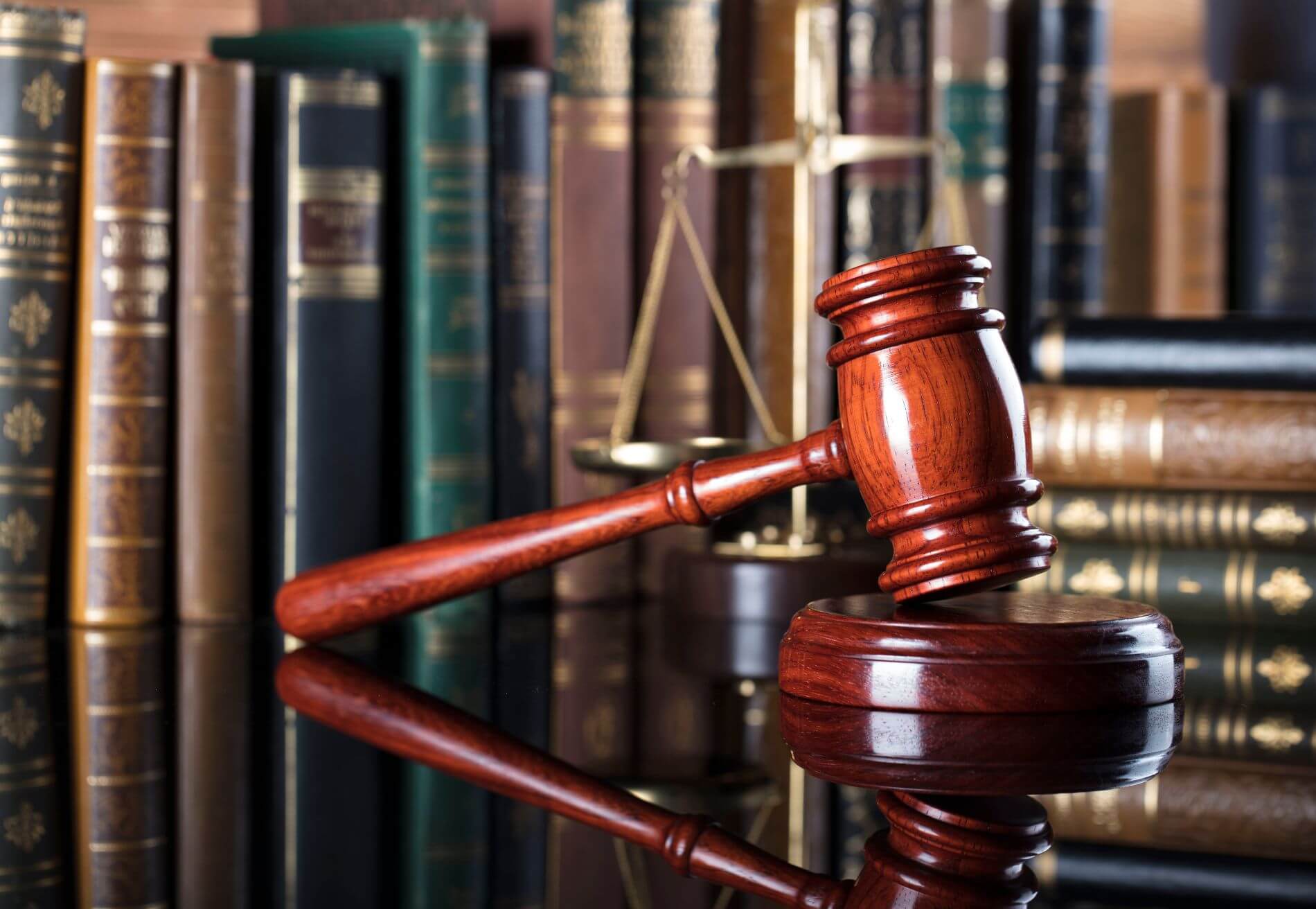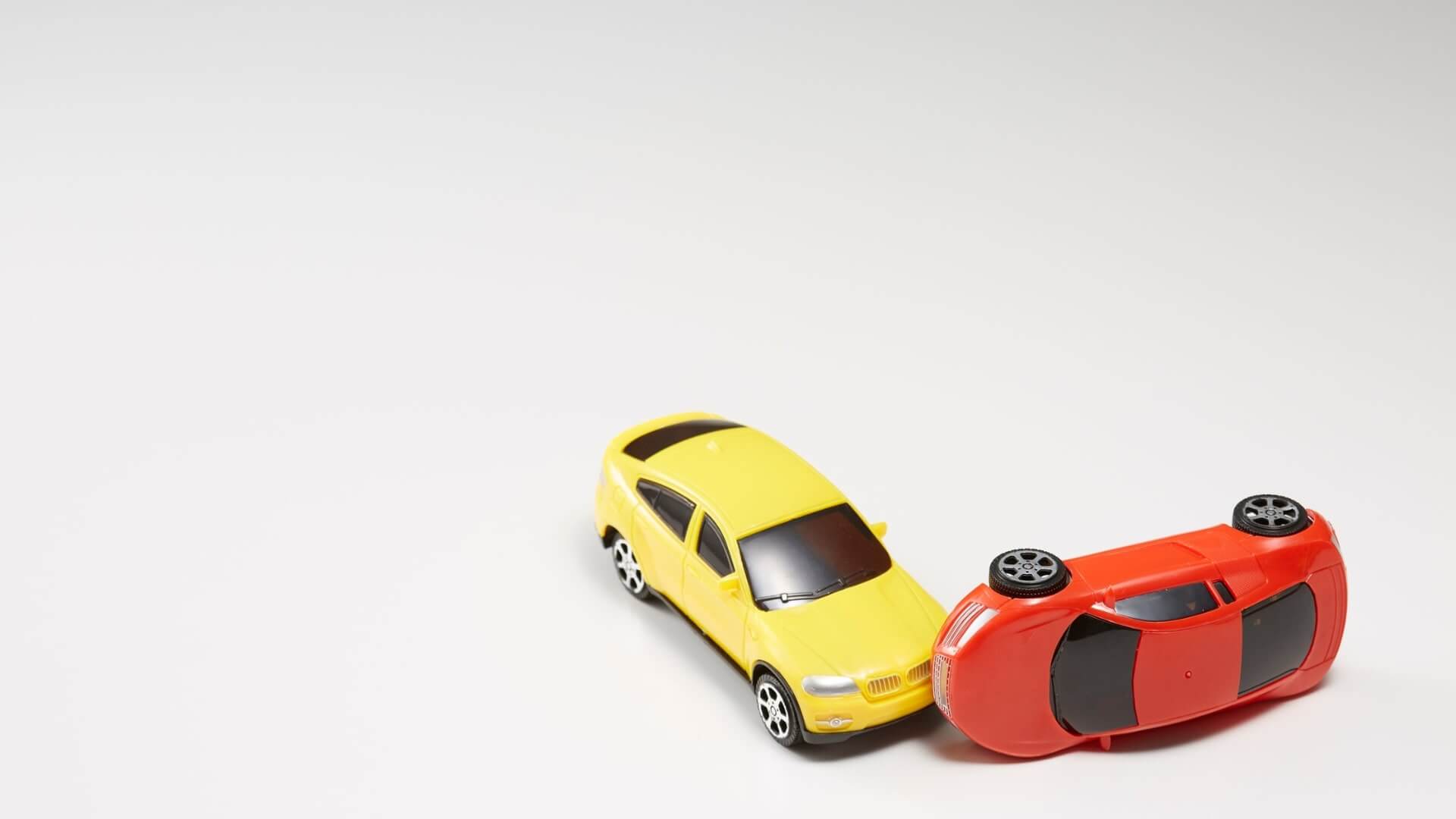TRUSTED PRODUCT LIABILITY LAWYERS IN SHERMAN OAKS AND ENCINO
DEDICATED TO HELPING VICTIMS OF DEFECTIVE PRODUCTS.
Do you have case?
EXPERT LEGAL HELP FOR
PRODUCT LIABILITY VICTIMS
When a product fails, the consequences can be severe and life-altering. At Shiganian Law, we are dedicated to helping victims of defective products in Sherman Oaks, Los Angeles, Encino, and surrounding areas. If you've been injured due to a faulty product, our experienced attorneys are here to ensure you receive the justice and compensation you deserve.
UNDERSTANDING PRODUCT LIABILITY
Product liability refers to the legal responsibility of manufacturers, designers, distributors, and retailers to ensure their products are safe for consumer use. When a product is defective, any party involved in the product's chain of distribution can be held accountable. There are three primary types of product defects:
DESIGN DEFFECTS
These occur when the product's design is inherently dangerous or flawed, posing a risk even if manufactured correctly. Examples include vehicles with faulty braking systems or electronics prone to overheating.
DEFECTIVE MARKETING
This includes inadequate instructions, warnings, or labels, leading to improper use and potential injury. For example, a pharmaceutical company failing to warn about severe side effects or a toy manufacturer omitting age-appropriate usage warnings can be held responsible.
Also, companies involved in the production chain can be held liable for express or implied breach of warranty and misrepresentation. This means that if a company falsely advertises a product's safety or fails to fulfill the terms of a warranty, they may be held accountable for any resulting harm.
MANUFACTURING DEFFECTS
These defects happen during the production process, making an otherwise safely designed product dangerous. Common instances include medication contamination during production or improper assembly of machinery.
STRICT LIABILITY PRODUCT CASED
Unlike other personal injury cases, where you need to show negligence or fault, product liability cases operate under strict liability. This means that manufacturers, distributors, and other parties involved can be held liable without the need to show negligence or fault.
However, for strict liability to apply, the defective product must not have been modified after leaving the manufacturer, distributor, or designer. If the product was altered, fixed, or repaired by the consumer before causing injury, strict liability does not apply, and it may be challenging to hold anyone liable. It must be proven that the product was in its original condition when it left the hands of the manufacturer, distributor, or designer for strict liability to hold.
COMMON INJURIES FROM DEFECTIVE PRODUCTS
Defective products can cause a wide range of injuries, including but not limited to:
- Trauma from faulty car parts: Issues with airbags, seatbelts, and tires can result in serious or fatal injuries. Malfunctions in these critical components can lead to devastating accidents, causing spinal injuries, fractures, and even wrongful death.
- Burns from home appliances: Defective toasters, water heaters, and other appliances can cause severe burns. These incidents often result in painful and long-term injuries requiring extensive medical treatment.
- Injuries from defective power tools: Power tools with manufacturing defects can lead to significant personal injuries. Faulty power tools can cause lacerations, amputations, and other serious injuries to users.
- Sickness from toxic products: Products like children's toys with high levels of lead or other toxins can cause severe health issues. Long-term exposure to these hazardous materials can lead to chronic illnesses and developmental issues in children.
STEPS TO TAKE AFTER A PRODUCT INJURY
Seek medical attention immediately, even for minor injuries, as your health is paramount. A thorough medical examination can identify and document all injuries, providing crucial evidence for your case.
Preserve the defective product and any related evidence such as receipts, packaging, and medical records, as this documentation can be vital in proving the defect and linking it to your injuries.
Take detailed notes about the incident, your injuries, and the impact on your daily life, and support your claim with photographs of the defective product and your injuries.
Research if there has been a recall on your defective product, as this information can strengthen your case by showing that the manufacturer acknowledged the defect.
Finally, contact Shiganian Law to discuss your case and explore your legal options. We offer a free initial consultation to evaluate your situation and advise you on the best course of action.
COMMON QUESTIONS ABOUT RIDESHARE ACCIDENTS
SEEKING COMPENSATION
Victims of defective products are entitled to seek compensation for their injuries. At Shiganian Law, we help you recover damages for:
- Medical Expenses: Covering past, present, and future medical costs, including hospital stays, surgeries, medications, and rehabilitation
- Lost Wages: Compensation for lost income due to injury, including future earning potential if your ability to work is affected.
- Pain and Suffering: Addressing the emotional and physical impact of the injury, including chronic pain, emotional distress, and reduced quality of life.
- Punitive Damages: In cases of gross negligence, punitive damages may be awarded to prevent future wrongdoing. These damages serve to punish the responsible parties and deter similar behavior in the future.
WHO CAN BE HELD LIABLE FOR DEFECTIVE PRODUCTS?
LEGAL SUPPORT AND ADVOCACY
MANUFACTURERS
Both the company that produced the final product and those that created any individual components can be held responsible. This liability applies to both domestic and international manufacturers. For example, if a car manufacturer produces a vehicle with a faulty braking system or an electronics company produces a smartphone with a defective battery, they can be held accountable for any resulting injuries.
THIRD PARTY DESIGNERS
If the product design was outsourced, the design firm can be held accountable for any design flaws. For instance, if a design firm creates a medical device with a flawed mechanism that leads to patient injury, that firm can be held liable for the defect.
SUPPLIERS
Companies that supplied materials or parts for the product can also be liable if their contributions are found to be defective. For example, if a supplier provides contaminated raw materials for food production, causing illness, they can be held responsible for the resulting harm.
DISTRIBUTORS
Entities involved in the distribution chain, such as wholesalers and intermediaries, can be held responsible for moving the defective product from the manufacturer to the retailer. For instance, if a distributor handles and damages a product during transportation, resulting in a defect, they can be held liable for any injuries caused by the damaged product.
RETAILERS
Retail stores and online platforms that sell the product to consumers can be held liable for selling defective products, even if they did not manufacture or design them. For example, if a retailer sells a batch of defective children's toys that pose a choking hazard, they can be held accountable for any injuries to children who play with the toys.
INDEPENDENT TESTING LABORATORIES
Third-party laboratories that tested the product and failed to identify defects can be held responsible for their oversight. For instance, if a laboratory certifies a pharmaceutical drug as safe without detecting harmful side effects, and consumers suffer as a result, the laboratory can be held liable.
SALES REPRESENTATIVES
Individuals or entities responsible for marketing and selling the product can be liable if they did not ensure the product's safety or provided misleading information. For example, if a sales representative promotes a kitchen appliance as safe despite knowing it has a tendency to overheat and cause fires, they can be held accountable for any resulting damage or injuries.
HOSPITALS, CLINICS, AND DOCTORS
In cases involving medical devices, not only the healthcare providers who used or recommended the defective product can be held accountable, but also the entire chain of production and distribution, including manufacturers, distributors, and sellers. For instance, if a doctor prescribes a defective surgical implant that causes complications, both the healthcare provider and the manufacturers and distributors of the implant can be held liable for the patient's injuries. Similarly, restaurants, grocery stores, and other sellers can be held accountable if they distribute defective medical products or food items.
Defective products can also include food items with foreign objects or defective packaging. For example, if a consumer finds a foreign object in their food purchased from a restaurant or grocery store, the entire chain from the manufacturer to the retailer can be held liable for any resulting injuries. Defective packaging, such as tampered seals or inadequate labeling, can also pose significant risks and lead to liability for all parties involved in the product's distribution.
TYPES OF PRODUCT LIABILITY CASES WE HANDLE
At Shiganian Law, we handle a wide range of product liability cases, including but not limited to:
- Automotive Defects: Faulty airbags, seatbelts, tires, and other critical components.
- Medical Devices: Defective implants, surgical tools, and pharmaceutical products.
- Household Appliances: Malfunctioning kitchen appliances, heating systems, and other home products.
- Children's Toys: Toys containing hazardous materials or posing choking hazards.
- Industrial Equipment: Dangerous machinery and tools used in various industries.
- Consumer Electronics: Defective gadgets and electronic devices prone to causing injuries.
WHAT OUR CLIENTS SAY
“I cannot recommend Shiganian Law Corp highly enough! From start to finish, their team provided exceptional legal guidance with professionalism, dedication, and expertise. They truly care about their clients and go above and beyond to ensure the best possible outcome. Communication was seamless, and they always kept me informed every step of the way. If you're looking for a knowledgeable and trustworthy law firm, look no further.
“My experience with Ms Shiganian is that she was knowledgeable, she followed through, and very kind and compassionate. My case was transferred to her after working with another law group that did not follow through so my case dragged. As soon as she was on my case, things moved in favor. Thank you!”
WHY CHOOSE SHIGANIAN LAW
With Shiganian Law, you're choosing a partner with a history of substantial legal victories and a deep commitment to personal attention. Our attorneys, adept in handling a vast array of personal injury cases, offer unique insights that are critical to navigate the legal landscape. Our expertise is in understanding the story behind every case—crafting strategies that resonate with juries and judges alike.
-
 Commitment to All Clients
Commitment to All ClientsAt Shiganian Law, we understand that accidents rarely occur without cause. When someone else's negligence disrupts your life, we are here to help you secure the compensation you deserve. This may include coverage for medical expenses, compensation for lost wages, car repairs, and even punitive damages to support your recovery and improve your quality of life during this challenging period. It's crucial not to overlook potential compensation—particularly when you are most vulnerable. To determine if you have a valid claim, we invite you to take advantage of a risk-free consultation with one of our legal experts. At Shiganian Law, we are just a phone call away, ready to support you in these critical moments.
-
 You Don't Pay Until We Win
You Don't Pay Until We WinWe prioritize your peace of mind at Shiganian Law. Understanding the financial burdens that legal actions can impose, we embrace a client-first philosophy—you won't pay any fees until we win your case. This contingency basis ensures that our goals are directly aligned with yours, focusing solely on achieving a successful outcome. Trust us to be your staunch advocates, tirelessly fighting for what you rightfully deserve.
MEET ISABEL SHIGANIAN
Over a Decade in Personal Injury Law

- 3+ Years in the United States
- 7+ Years in Europe
I’ve dedicated my career to supporting clients in personal injury and domestic violence cases. Recognized for my strategic approach and client-centered service, I have helped secure millions for those wronged.
I began my career as an associate attorney at prestigious Los Angeles firms, honing my skills across a range of legal fields. This journey inspired me to establish Shiganian Law, where I now combine my expertise with a passion for client advocacy.


How Personal Injury Cases Protect the Community
When most people think of personal injury cases, they picture an individual seeking compensation for medical bills, lost wages, or pain and suffering. read more

What Happens If You're Partially At Fault in an Accident
After an accident, one of the first worries people often have is: “What if I was partly to blame? Does that mean I can’t recover anything?” read more

Think Before You Post: How Social Media Can Hurt Your Accident Claim
Sharing accident updates on social media may feel harmless—but insurance companies and defense attorneys can use your posts against you. Learn why posting after an accident is risky and how to protect your personal injury claim. read more